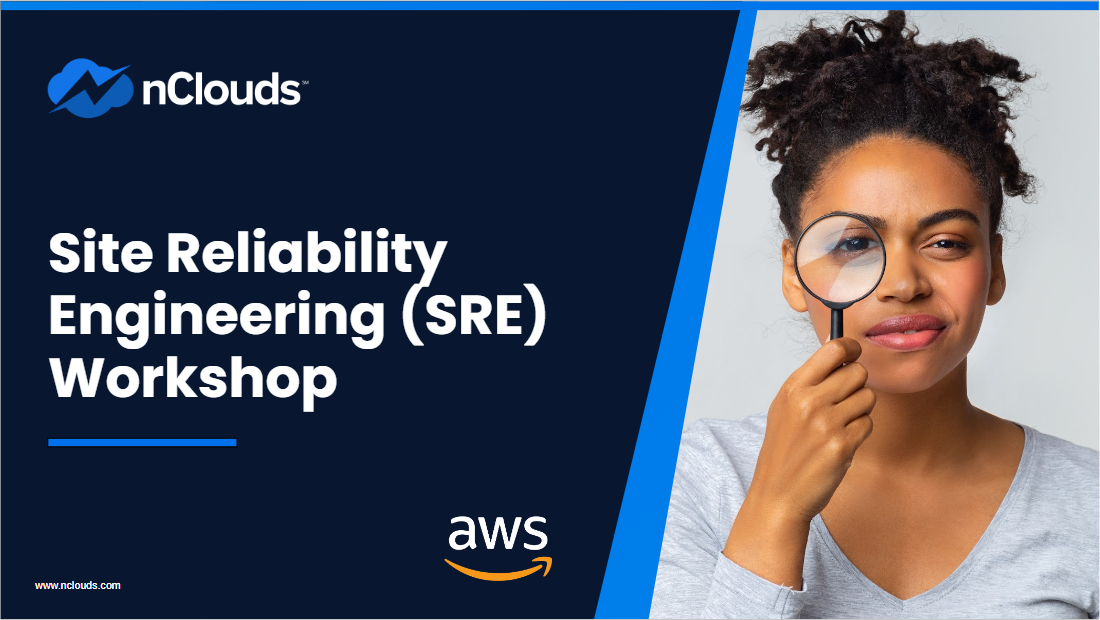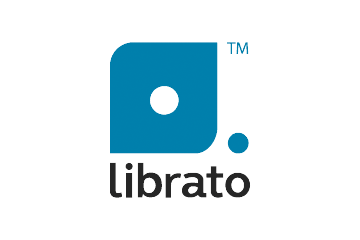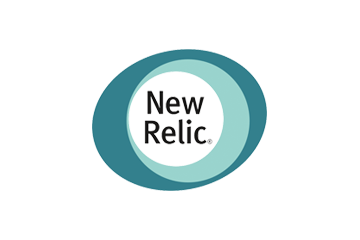Site Reliability Engineering (SRE) Services for AWS
Our AWS-certified experts keep your systems fast and reliable, with maximum uptime as they scale—so your engineers can focus on innovation.
Overview
our process
support toolkit

Read our latest blog
Accelerate your microservice architecture incident response process using service maps
Innovate Fast, Innovate Reliably
It’s imperative to balance speed to market with application reliability. That’s why an SRE strategy is so essential.
What We Mean by SRE
Site reliability engineering (SRE) is a culture and a set of practices to ensure system reliability and maintainability. The SRE team implements best practices, automation, and metrics to find creative solutions when sites slow to the point of user frustration. The team strikes the right balance between reliability and feature velocity.
How We Help with Site Reliability
nClouds’ SREs are AWS-certified developers, DevOps engineers, SysAdmins, and Solutions Architects. We quickly and expertly handle complex infrastructure issues, freeing your engineers to focus their talents on developing innovative new features.
Members of our SRE team apply their expertise to the 24/7 support of your AWS infrastructure to improve website uptime, reliability, and scalability.
Our SREs Work Proactively and Apply Best Practices
Work with your team to define SLOs (service-level objectives) and SLIs (service-level indicators)
Implement monitoring and provide rapid response to alerts to reduce mean time to detect (MTTD) and mean time to recover (MTTR)
Work with your developers to red-light or green-light launches based on SLOs (service-level objectives)
Integrate new tools and services for observability and automate runbooks to accelerate incident response
Maintain the infrastructure with patching and responding to maintenance alerts
Support and optimize cloud operations 24/7
Provide incident management to limit business disruption
Conduct blameless postmortems to prevent repeat incidents and improve future responses
Our Process: Getting Started with SRE
nClouds follows a three-step process to ensure you get the right support services for your specific environment.

Discovery
You provide us with an infrastructure overview. We establish and test communication channels between your organization’s designated points of contact (PoCs) and the nClouds support team, detailing your alert/incident response management platform and current Level 2 (L2) and Level 3 (L3) support process (if one exists already). We also gain access to the current runbook(s), if available.

Onboarding Workshop
We discuss how to define, measure, and track availability and user happiness, including the following:
- Defining SLIs (service-level indicators), the metrics that measure compliance with SLOs (service-level objectives), such as uptime or response time
- Setting up monitoring and observability to provide rapid response to alerts (to reduce MTTD and MTTR)
- Setting up an automated runbook and documentation
- Establishing an incident management process (procedures and actions taken to respond to and resolve critical incidents)

Transition
The nClouds SRE team starts handling alerts under the supervision of designated client engineers. If required, we update your runbook, documentation, and diagrams. At the end of the transition phase, the nClouds SRE team assumes responsibility for maximizing reliability and support services for your environment(s), as defined in a mutually agreed-upon statement of work (SoW) and service-level agreement (SLA).
nClouds Is Your Site Reliability Engineering (SRE) partner for AWS environments
nClouds is serious about site reliability engineering.
You’ll be amazed by our team. In fact, straight from our client, “The team members we have on our account are really good. There is no way I would be able to find that level of talent and experience anywhere else.”
We’re a certified AWS Premier Tier Services Partner, audited AWS MSP Partner, and AWS Well-Architected Partner, with AWS Competencies in Data and Analytics, DevOps, Migration, and SaaS.
We love AWS infrastructure, and we’re eager to support yours.
























